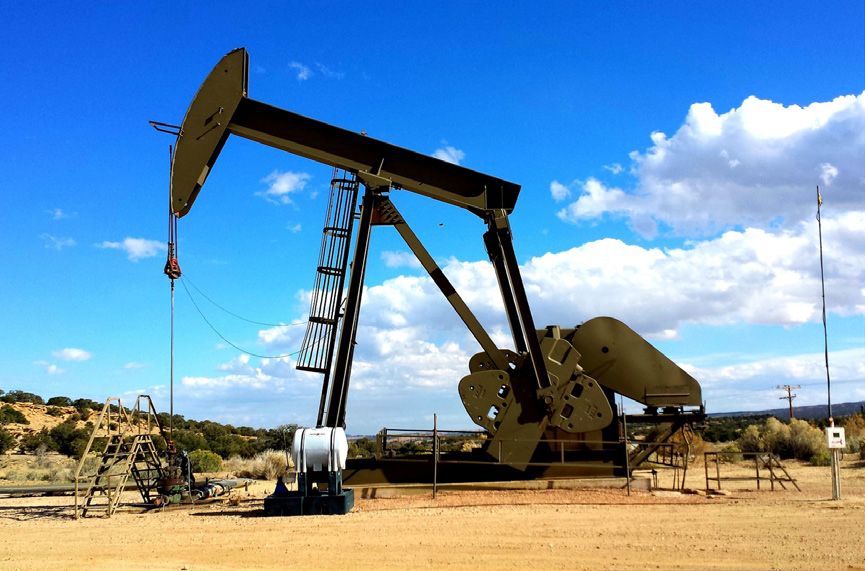Claude Kabemba
Addressing climate change and a just energy transition are inseparable; they are two sides of the same coin.
We need an energy transition to resolve the climate crisis. Climate change is a manmade disaster that requires a human solution.
In the absence of technology that can reduce CO2 emissions to zero, the solution to climate change is the full reduction of emissions by making the transition from fossil fuels to renewable energy sources (solar, wind, and batteries for electrical vehicles).
Under the Paris Agreement the world has agreed that coal-burning needs to reach zero by 2050, and gas and oil extraction need to be abandoned if we are to reach the goal of limiting average global warming to 1.5° Celsius (2.7° Fahrenheit).
In November 2022, 11 years after COP17 in Durban, the UN Conference of Parties on climate change (COP27) returns to Africa. COP 27 will be in Sharm El Sheikh, Egypt.
This happens against the backdrop of multiple global crises, including the Covid-19 pandemic, the Ukraine-Russia war, and growing tension between the USA and China.
These global crises are taking pre-eminence on the global stage, overshadowing the climate emergency.
Geo-political confrontations for world supremacy do not favour a united front against the common challenge and do not help the implementation of the historic Glasgow Climate Pact, which contains significant commitments on climate mitigation, on adaptation, and on finance, and which sets out a way forward on the crucial issue of loss and damage.
All the evidence, including the latest findings from various UN reports, makes it clear that the threat of catastrophic climate change is the single most important danger facing humanity.
In Egypt, Africa has an opportunity to bring back climate change as the most urgent and pressing global crisis of our time.
COP27 will be an opportunity for Africa to regroup and enter the negotiations as a united front; not unity for the sake of it, but unity of purpose, putting African positions at the centre of the discussion.
While working with other countries at COP27 on the global goal of adaptation and mitigation to strengthen resilience and reduce vulnerability to climate change, Africans must work together to defend and protect the continent’s interests, just as other continents are doing. African delegates at COP27 should aim to achieve three things.
First, demonstrate why Africa’s readiness to make the transition to green energy is dependent on developed countries fulfilling their commitment to finance Africa’s energy transition; second, clarify what a just energy transition means in the context of the African continent; and third, communicate Africa’s position on fossil fuels, critical minerals, and forests in the context of the energy transition.
Africa finds itself at a crossroad in the climate change discourse. On the one hand, Africa has polluted less than any other continent and it is most vulnerable52 to the impacts of climate change; on the other hand, it lacks the finances and technology to respond effectively. Africa, after slavery and colonialism (which interrupted and often reversed its development), is again facing another externally driven obstacle to its survival.
The debate of the last decade has been on how Africa, the least developed and the least polluting continent, could be supported in abandoning a development path based on carbon emissions for one powered by green energy.
Africa, despite being a victim of the climate crisis created by others, has demonstrated the willingness to step up through its commitment to the Paris Agreement to the challenge of contributing to addressing the global climate crisis that respects no borders.
This commitment is being undermined by the West’s slow pace in disbursing finances to support the energy transition. The economic and social realities in which African people are living without access to electricity are pushing African leaders to reconsider their commitment to abandoning fossil fuels.
While this position is counterproductive (and possibly even suicidal) in the medium and long term, it seems to be justified when those who caused the climate crisis are themselves not ready to abandon fossil fuels.
Africa must understand that developed countries are not interested in achieving collective prosperity. They will advance their interests in each circumstance as they have always done. While calls are made to work through the international system to resolve the common problems, the global system is so divided around power and domination that it is difficult to see a cohesive and effective international community rising to the challenge of climate change.
There is a need for African leaders to think strategically on the future of the continent’s energy supply. The abundance of resources needed to achieve energy transition (solar power, wind, and transition-critical minerals) provide Africa with a comparative advantage over all the other regions.
What Africa now needs is a mind-shift away from waiting for the West to come to its rescue to finding local solutions. The energy transition isn’t a job for some outside saviours, but a process that must unfold from the inside out. Some very decisive decisions are therefore needed from African leaders.
Africa needs to bring together its intelligentsia, philanthropists and the private sector to rapidly consider and design local solutions to the energy transition. These local solutions will involve African supply chains through investments in advanced knowledge, new technological solutions, and manufacturing.
This is key to ensuring that Africa has its electric vehicle manufacturing plants, renewable energy resources, heat pumps, batteries, and storage, which will create millions of new jobs and help to revitalise Africa as a whole, positioning it as an important global power and narrowing the gap with western powers and China in the clean energy race.
It will make Africa less dependent on foreign technologies and manufactured goods. Despite this call for a locally driven energy transition, Africa must continue to demand reparation from the West through adequate financial and technical support to address the havoc that climate change is causing to Africa and its people.
In promoting a locally driven energy transition the voice of Africans (and especially of the poor) must be part of the discussion and the solutions.
We need to amplify the people’s voices, build partnerships, and expand climate education. By meeting the needs of women through a transition to just and accessible energy, entire communities will attain improved health and well-being.
Africa must guide its energy transition in a way that resists destructive extractivism, through alternative development solutions directly opposite to the current model. The transition should not rely on private sector investment.
In its pursuit of profits, this approach will further marginalise the most vulnerable populations. To achieve a just transition, Africa must choose to play a comprehensive and long-term game rather than a limited and short-term one.
This is a Southern African Trust publication authored Claude Kabemba






